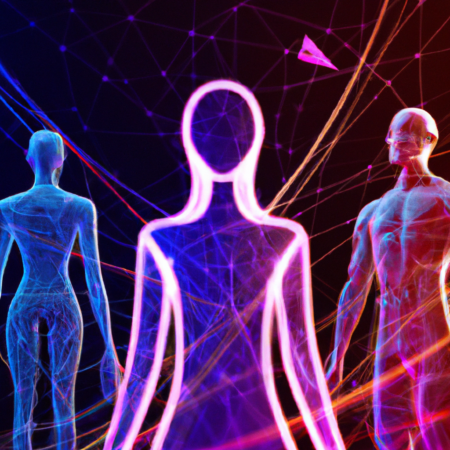Navigating the Future: The Imperative of AI Ethics & Regulation in 2025
As we advance further into the second quarter of 2025, the landscape of Artificial Intelligence (AI) continues to evolve at an unprecedented pace. The integration of AI into various sectors including healthcare, finance, and autonomous transportation has underscored the urgent need for robust ethical frameworks and regulatory measures.
The primary challenge today is not just about innovating but ensuring that AI technologies are developed and deployed in a manner that is safe, transparent, and equitable. This article delves into the key areas of AI ethics and regulation that are critical for sustaining innovation while safeguarding public trust and welfare.
1. Transparency and Accountability in AI
As AI systems become more complex, the mechanisms that drive decisions can become less transparent, often referred to as the ‘black box’ issue. It is imperative that AI developers and companies implement measures to increase transparency around how AI decisions are made. This involves clear documentation of AI processes and outcomes, as well as mechanisms for accountability when AI systems fail or lead to harmful outcomes.
2. Privacy and Data Protection
The exponential increase in data usage that powers AI algorithms also raises significant privacy concerns. Stricter data protection regulations are necessary to ensure that individuals’ personal information is not misused or exploited. The General Data Protection Regulation (GDPR) in the European Union has set a precedent, but global standards and consistent enforcement are still needed.
3. Bias and Fairness
AI systems often reflect the biases present in their training data, leading to unfair outcomes. Ensuring fairness in AI involves rigorous testing and reevaluation of algorithms to identify and mitigate biases. This process is crucial in sectors like recruitment, law enforcement, and loan applications, where biased AI can have serious implications on individuals’ lives.
4. AI and Employment
The fear that AI will replace jobs has been a topic of discussion for years. However, the focus should be on how AI can augment human capabilities and create new opportunities. Policy makers and businesses must collaborate to ensure that the workforce is trained and ready to work alongside AI in the jobs of the future.
In conclusion, as we move forward, the role of ethics and regulation in AI will only become more central. It is crucial for all stakeholders involved—governments, businesses, and the public—to actively participate in shaping the trajectory of AI development to ensure a balanced approach that maximizes benefits while minimizing risks.
The journey towards ethical AI is complex, but it is one we must undertake to ensure a fair and prosperous future for all.






